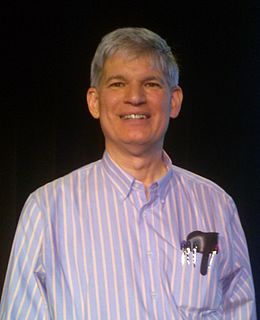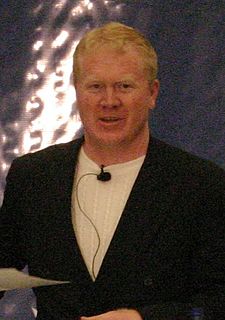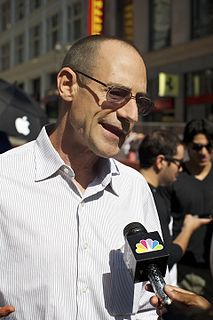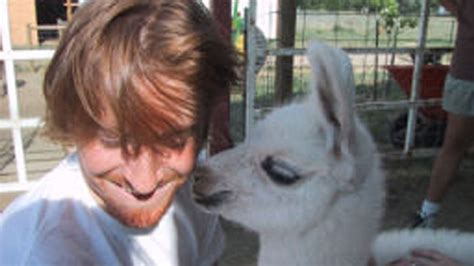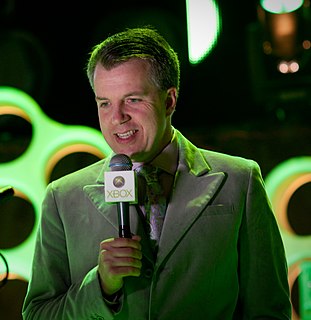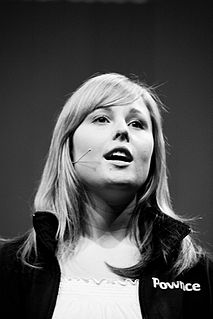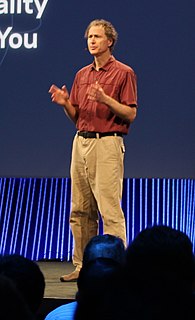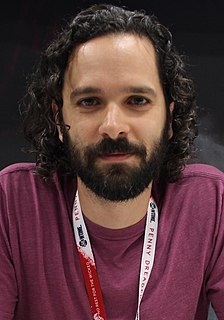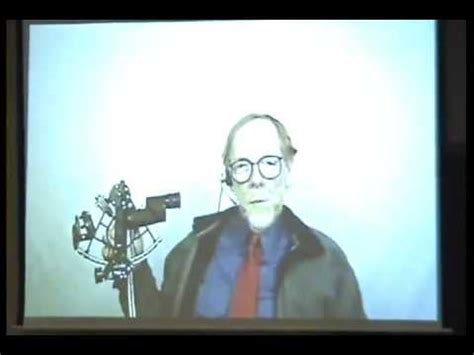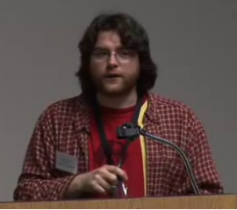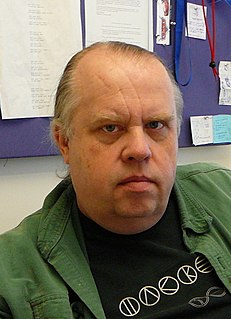A Quote by Erik Naggum
That's why the smartest companies use Common Lisp, but lie about it so all their competitors think Lisp is slow and C++ is fast.
Related Quotes
Lisp was far more powerful and flexible than any other language of its day; in fact, it is still a better design than most languages of today, twenty-five years later. Lisp freed ITS's hackers to think in unusual and creative ways. It was a major factor in their successes, and remains one of hackerdom's favorite languages.
It thunders, howls, roars, hisses, whistles, blusters, hums, growls, rumbles, squeaks, groans, sings, crackles, cracks, rattles, flickers, clicks, snarls, tumbles, whimpers, whines, rustles, murmurs, crashes, clucks, to gurgle, tinkles, blows, snores, claps, to lisp, to cough, it boils, to scream, to weep, to sob, to croak, to stutter, to lisp, to coo, to breathe, to clash, to bleat, to neigh, to grumble, to scrape, to bubble. These words, and others like them, which express sounds are more than mere symbols: they are a kind of hieroglyphics for the ear.



